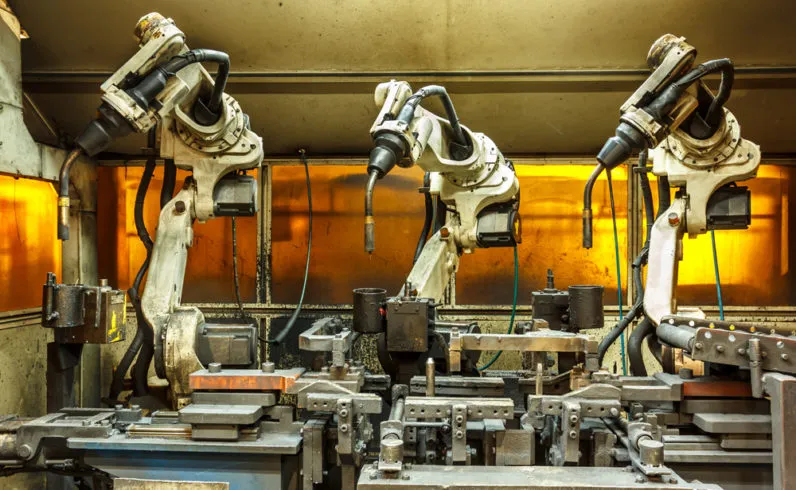
In a recent article published by TNW and entitled 'Chill: Robot-related job loss won’t be that bad (probably)' the possibility of robots taking jobs away from humans was examined in greater detail. In this piece I will examine arguments made and expand on the possibilities brought up by this piece.
How many jobs are in danger of being lost to robots?
Automation now threatens as much as 40 percent of the job market. And unfortunately for many of us, we’re on track to hit this target by 2030. But maybe it won’t be that bad.
This is a very large percentage of the job market which is vulnerable to takeover but generally the low hanging fruit will be sought after first so expect a more realistic figure to be more like 20 percent of the overall job market. This is still a huge number of jobs and means that 1 in 5 workers will be replaced by automation at bare minimum in the coming decade.
It’s a near-certainty that automation will cost workers thousands, maybe even millions of jobs over the next 20 to 30 years. It’s also clear that those displaced aren’t always the ones who benefit from the new industries automation makes possible.
According to this statement displacement may not result in a permanent job loss but rather a shift in career paths. This is an optimistic view to say the least. Certainly more jobs will be lost and finding new employment opportunities won't be easy or possible for all displaced workers...
What evidence do we have of this happening in the past and what was the overall result?
According to The Wall Street Journal:
After the first automated tellers were installed in the 1970s, an executive at Wells, Fargo & Co. predicted ATMs would lead to fewer branches with even fewer staff. And indeed, the average branch used one-third fewer workers in 2004 than in 1988.
As you can see, the ATM was highly disruptive. You’d be tempted to equate this disruption with job loss, as fewer employees at bank branches meant thousands were suddenly without jobs. But you’d be wrong.
Since ATMs made it much cheaper for banks to operate, it led to a boom, of sorts, in building new branches. From 1989 to 2004, banks opened 43 percent more physical locations than it did in the period before ATMs — leading to more jobs in banking, consequently.
I would say that this is a very unique case and a similar success story will not be seen with the majority of use cases to come. In a recent article Bill Gates proposed taxing robots and based on his stance and his position as one of the top industry leaders in the world, its not a possibility that many will lose jobs to robots in the next 20-30 years, its an absolute certainty. The question asked by the elite is simply 'where will I get my taxes from then?'
What are your thoughts about this topic and what should people do in order to get ready for this new and scary future?
Please leave your ideas and comments below.
Thanks for reading!

Source:
Chill: Robot-related job loss won’t be that bad (probably) - TNW